That's exactly what happened in 1938 when the Empire Exhibition in Glasgow was held in a "no-licence" district. There was considerable wrangling over selling booze. Well, selling booze without an accompanying meal. There were bound to be objections to that from a totally predictable corner - the temperance movement.
"Local option in Scotland has recently been brought prominently to notice by the difficulty which has arisen in connection with the arrangements for the refreshment of the large number of visitors who, it is hoped and expected, will attend the Empire Exhibition to be held in Glasgow this year. The Exhibition is promoted by "Empire Exhibition—Scotland, 1938" an association limited by guarantee, whose financial obligations have already been guaranteed by the public to the extent of over £700,000, a figure which it is estimated will ultimately exceed one million pounds. One of the subsidiary objects for which the association is established is "to carry on as principals or as lessors the business of restaurant, cafe and refreshment room proprietors, tobacconists and licensed victuallers, purveyors and caterers for public entertainment and public exhibition and amusement generally." The Exhibition in to be held In Bellahouston Park, a public park which has been lent by the Corporation of Glasgow for the purpose. but the trouble is that the park is situated in that part of the Pollokshields Ward of the City of Glasgow in which a no-licence resolution is in force."
"The Brewers' Journal 1938" page 14.
The exhibition was a big event that was going to bring a large amount of cash into the city. Obviously the organisers wanted to make it as attractive as possible to visitors.
I was surprised to learn of some of the exemptions included in the Act. In particular with regard to restaurants. It's clear that the Scottish Temperance Act was a piece of pure anti-pub legislation.
"As already indicated, the Licensing Court is empowered notwithstanding that a no-licence resolution is in force In an area to grant one or more certificates for an inn or hotel or for premises structurally adapted for use and bona fide used or to be used as a restaurant. But any certificate granted is deemed to include the conditions that there shall be on the certificated premises no drinking bar or other part of the premises mainly or exclusively used for the sale and consumption of liquor, and that liquor shall be sold therein only to persons lodging in the inn or hotel or persons taking a meal in the restaurant (Temperance (Scotland) Act.1019 s 3(1)). So far as the supply of liquor with meals is concerned, therefore, no difficulty arises, and, in fact, the Licensing Court has already granted eight restaurant licences to the association, this, however, in the view of those responsible for the success of the Exhibition, is not enough, and they are satisfied that in order to promote the success of the Exhibition provision should be made for the sale of liquor to persons other than persons taking a meal upon the premises — in other words, that ordinary drinking bars should be available. In England provision for the sale of liquor in these exhibitions is often made by means of occasional licences renewed from me to time while the exhibition continues. The Temperance (Scotland) Act, does not prohibit the grant in no-licence areas of "special permissions," as they are called in Scotland, but the association doubtless felt that the method was too precarious where there is any strong opposition to liquor being sold in the exhibition at all. The alternative of requisitioning a poll and seeking a temporary reversal of the no-licence resolution had, it is stated, but little prospect of success, as 4,000 persons resident in the district, about the number who voted for no-licence on the last occasion, had signed a petition against the provision of bar facilities in the Exhibition grounds."They weren't so much "no-licence" as "no pub" districts. It was perfectly OK to have a licensed hotel or restaurant. Looks like the Act was targetting the working class, while letting the middle classes carry on much as before. This is a recurring theme in Britain. The reason clubs had more flexible licensing arrangements was that initially these were exclusively for the well off. Working mens clubs only appeared later, principally to take advantage of the licensing rules.
"The Brewers' Journal 1938" page 14.
As the organisers wanted to have bars, they needed to find another solution. What they had to do was a remarkable example of wasted effort and expense, all because of the prejudice of a small group. If neither a "special permission" nor a new poll were the solution, what could they do? Something incredibly complex:
"However this may be, the association organising the Exhibition decided to take advantage of the convenient procedure prescribed by the Private Legislation Procedure (Scotland) Act, 1936, which enables persons who desire to obtain Parliamentary powers in regard to any matter affecting public or private interests in Scotland to present a petition to the Secretary of State for Scotland praying him to issue a Provisional Order in accordance with the terms of a draft Order submitted to him. If the draft Order is opposed, or if the Secretary of State thinks inquiry necessary, it is referred for local and public inquiry to four Commissioners selected from a Parliamentary or extra-Parliamentary panel, who report in due course to the Secretary of State recommending that the Order be issued as prayed for or with modifications or should be refuted. If they recommend that the Order be issued, the Secretary- of State makes the Order, but it has no validity until confirmed by Parliament. The Commissioners appointed to inquire into the Empire (Exhibition) Scotland Order, 1937, reported in its favour by three votes to one after hearing 26 witnesses on the part of the promoters, and hearing counsel on behalf of the objectors, who called no witnesses because his opposition was based upon "principle." The discussion then shifted to the House of Commons, where Mr. T. Johnston, M.P. for West Stirling, on December 1st, 1937, moved the rejection of the Confirmation Bill. The ensuing debate was reported at length in The Brewers' Journal for December on pages 616-621. and it is unnecessary perhaps to say more than that the able speeches of the objectors revealed no convincing reasons of principle or expediency for rejecting this exceptional method of dealing with an exceptional situation. Sir John Gilmour, who supported the Bill, expressed the opinion, as a former member for the constituency which includes Pollokshields, that it had voted dry mainly for the purpose of keeping a residential area free from public-houses, and pointed out that this purpose would be in no way infringed by the granting of licences in the Exhibition grounds.The Bill was passed by 159 votes to 96, and the opponents had not even the satisfaction of claiming that the result was due to English votes, as 23 members for Scottish constituencies voted for it to 21 against. The Bill duly received the Royal Assent, and the Exhibition area is during the period of the Exhibition to be deemed to be an area within which no poll has been taken and no resolution has been carried under the provisions of the Temperance (Scotland) Act, 1913."
"The Brewers' Journal 1938" pages 14 - 15.
Obvious really, wasn't it? All they had to do was to persuade the Secretary of State for Scotland to appoint a commission to investigate the request and then pass an Act of parliament. How much time, money and effort was wasted in this process? All just because a few lunatics wanted to deprive their fellow citizens of a glass of beer.
Of course, every day in the media you still hear the whines and lies of modern anti-alcohol fanatics. Usually heavily armed with dodgy statistics, simplistic studies and shrouded in self-righteous hypocrisy.


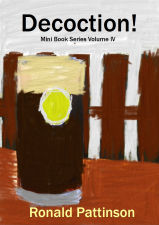



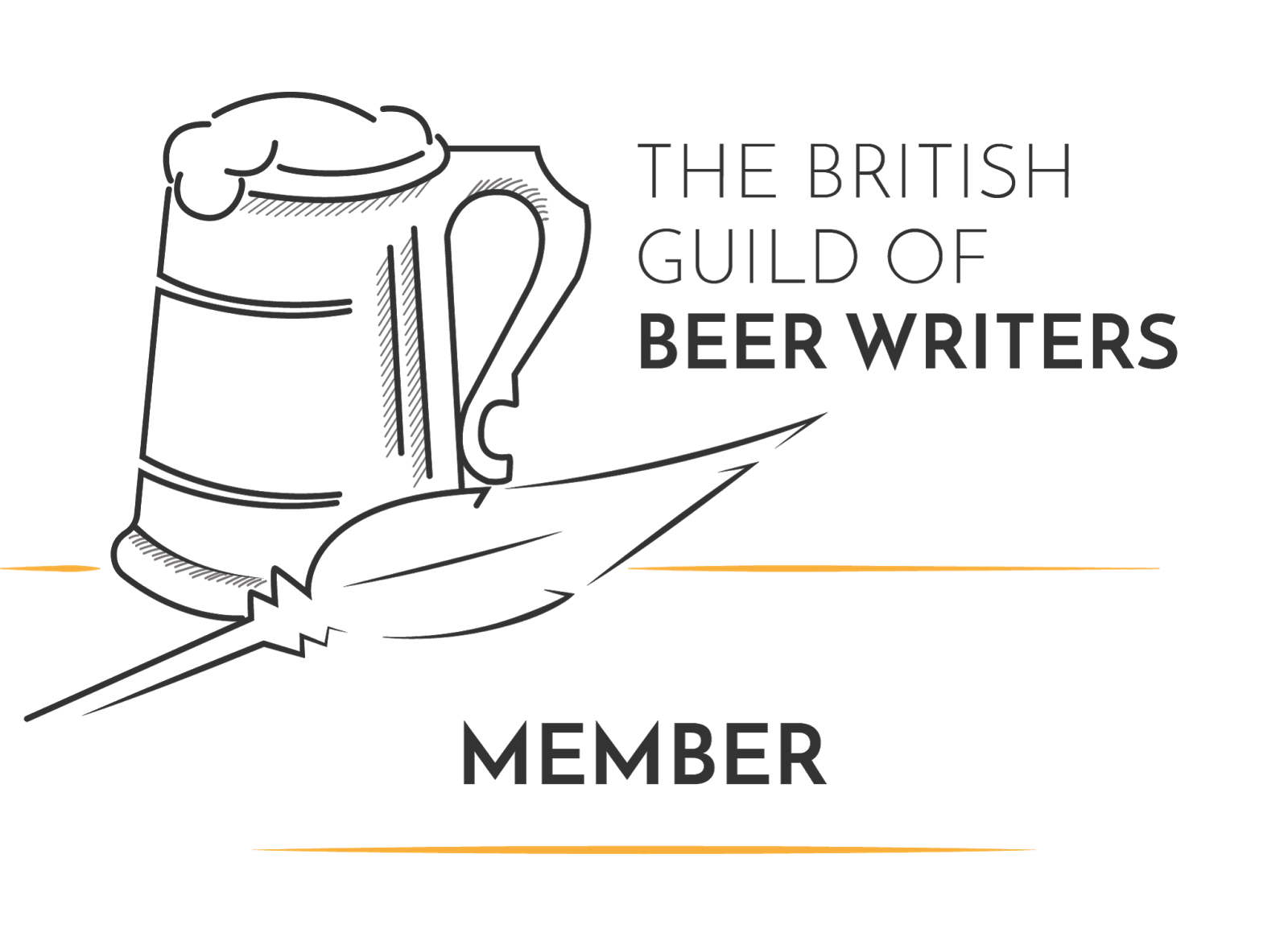









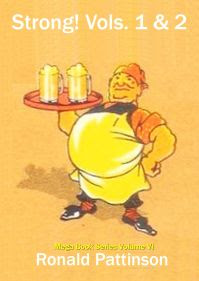

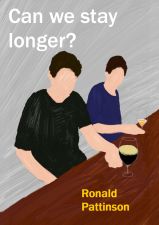
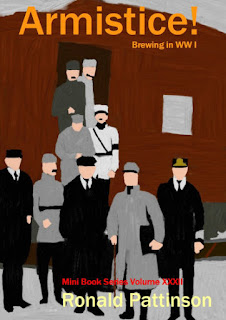
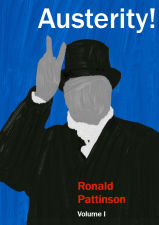

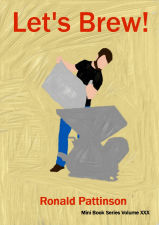
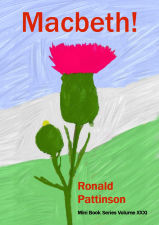
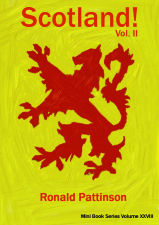
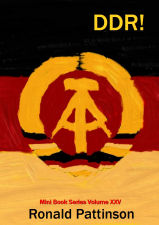
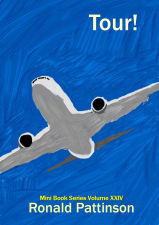

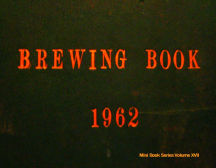
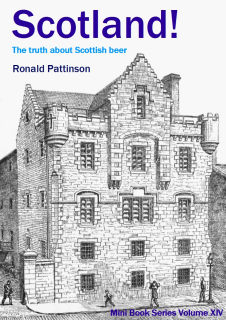
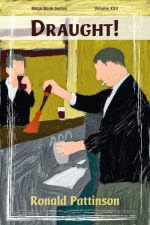

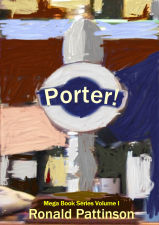
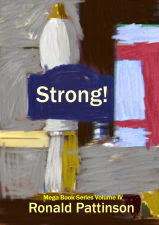
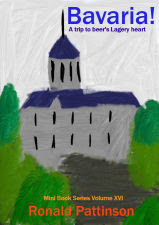

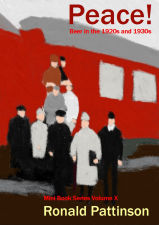

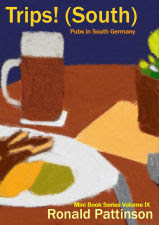
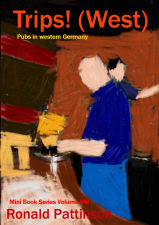
































7 comments:
Ha ha. People in the olden days sure were stupid.
In other news, Ireland's Intoxicating Liquor Act 2010 exists solely to allow the new Convention Centre in Dublin to serve drink. Since 1902 there has been no way to create a new pub-level licence in Ireland, other than act of parliament.
Beer Nut, there's nothing, no matter how crazy, that's new.
1902? That rings a bell. I think there may have been somewhere else affected by a licensing act around then.
Yes, there was a Licensing Act 1902 as well as a Licensing (Ireland) Act 1902, but the former does not have a ban on the issue of new licences which the latter(section 2) does.
Beer Nut, funny how the licensing rules were always stricter outside England.
Licensing legislation is another of my weird fascinations. Especially how frequently it didn't have the desired effect.
I do have statistics for Irish pub numbers. But I'm trying not to get distracted. No new licences ever? Now that is strict.
Yup. And for a lot of the time to transfer a licence you had to be in possession of two existing ones to extinguish. That stopped in the early 2000s, as I recall.
The publicans love it, of course. It means that your pub is also a pension scheme: just sell your licence to some Spar shop when you retire.
Ooh at the intoxication act (2010) also.gives.them.an automatic late license till 2 am!
Licensing is weird everywhere. Adn I dont think ever has the desired effect. In my city, we had an odd court case involving liquor licenses (which are much stricter than beer licenses). There is a distance requirement, no liquor license can be granted within X feet (200? maybe?) of another license. The law clearly states that it is measured from main entrance to main entrance.
But how? Straight line? Nope, the courts ruled that it is measured by walking distance. So the establishment sueing was granted the license even though they were directly across the street from another license holder. The distance up to the intersection, then across at the crosswalk, and back down the street on the other side was over the separation distance requirement.
Post a Comment